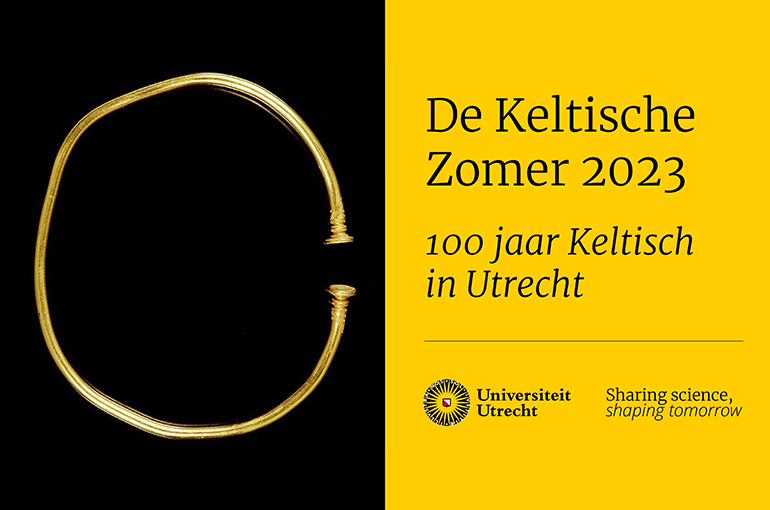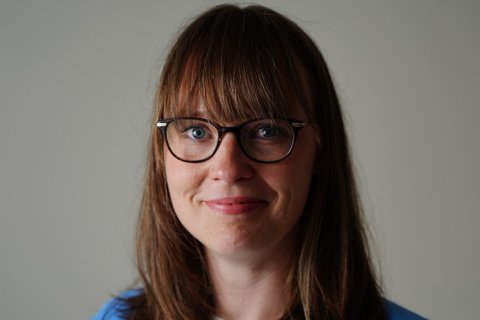The Utrecht Celtic programme is celebrating 100 years: “It is a field packed with enthusiasm and energy”

This year, the Celtic Languages and Culture programme at Utrecht University celebrates 100 years. Since as early as 1923, students and researchers have known how to find Utrecht when it comes to Celtic studies. “A centenary is quite something, of course,” Nike Stam, lecturer at the programme and one of the organisers behind the anniversary, says. “So we would like to celebrate it generously with everyone!”
What is ‘Celtic’ anyway?
First things first: what does ‘Celtic’ actually mean? “The term ‘Celtic’ can be interpreted broadly, for example as a description of specific archaeological cultures,” Stam explains, “but within the programme here in Utrecht, we mainly define it as a family of languages. That family includes, for example, Irish, Welsh, and Scottish Gaelic, but also lesser-known languages such as Manx, Cornish, and Breton – all of which are still spoken in everyday life.”

Stam explains that the Celtic language family is exceptional. “A huge number of ancient written sources still exist in these languages. In fact, Irish is the earliest written vernacular in Europe. This offers us not only a unique view from a linguistic perspective, but also one on early medieval ideas about language, culture, and stories.”
Celtic at Utrecht University
The fact that Celtic can be studied at Utrecht University owes much to Professor Anton Gerard van Hamel (1886-1945). At the request of the Board of Curators and the Faculty of Humanities, he added Celtic to his Germanic teaching assignment in 1923. “Van Hamel was convinced that languages could not be studied in isolation and was thus far ahead of his time,” Stam adds. “Now the programme is the only full-fledged bachelor programme of Celtic in the Benelux and we are highly regarded internationally.”
“As a result, we always have enthusiastic students from home and abroad. That is perhaps what makes our programme so special: they are almost always and without any exception hugely motivated. The new generations also make me look to the future of the programme with confidence. When a field is so packed with enthusiasm and energy, we can easily go on for another few hundred years.”
ICCS international conference
Besides the mini-festival De Keltische Zomer, Utrecht University welcomes the International Congress of Celtic Studies (ICCS), the largest congress in the field, between 24 and 28 July. Here, specialisations ranging from the archaeology of early Celts to the contemporary literature and pedagogy of minority Celtic languages are represented.
De Keltische Zomer
To celebrate the first hundred years of Celtic in Utrecht, the programme is organising a whole host of events. Kicking off on 30 June is Irish band IMLÉ. “This is perhaps my personal favourite,” Stam says. “The band comes over from Ireland especially for us and plays at TivoliVredenburg. They make refreshing and modern music in Irish and show that Celtic languages are alive and kicking and still inspire new generations of artists.”
The next day will be followed by the mini-festival De Keltische Zomer, with workshops, lectures, films, new publications, and musical surprises in the courtyard of the University Library in the centre of Utrecht. “With this celebration, we hope to show the broad scope of the field,” Stam stresses. “Unfortunately, there are still many misconceptions about Celtic and the Celts. We hope to dispel some of these during the festival, in an enjoyable as well as in-depth way.”

